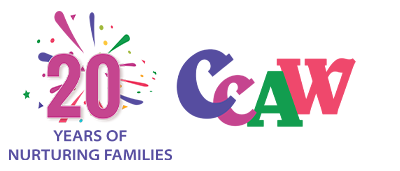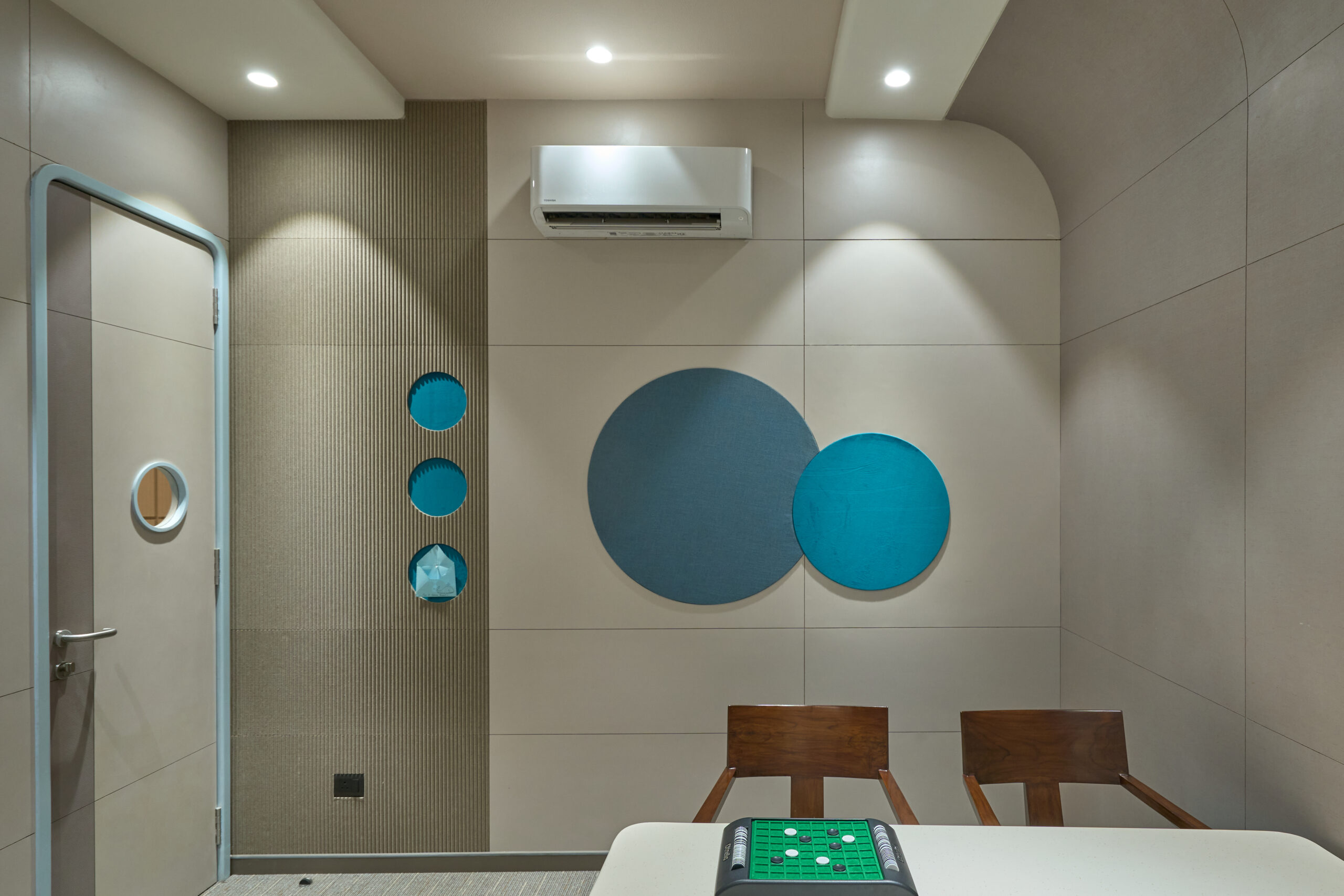Psychological counseling And Therapy Services
- Home
- Psychological Counseling and Therapy Services
1. Psychological Assessment
Psychological assessments are a crucial part of understanding a child’s emotional, cognitive, and developmental profile. At our center, we go beyond diagnosis—we use assessments to explore the severity, frequency, duration, and impact of concerns on a child’s day-to-day functioning.
Our aim is to identify not only the areas of concern but also the child’s strengths, while empowering families with clarity and direction. Assessments form the basis for a personalized management plan, which includes therapy goals, recommendations for school and home, and practical accommodations.
We assess a range of concerns, including:
- Intellectual and developmental delays
- Learning difficulties
- Autism and ADHD
- Behavioral challenges
- Emotional concerns like anxiety or low mood
- Personality-related concerns
Assessments are conducted using standardized tools and rating scales, and are tailored to each child’s unique needs. The process is child-centered, strength-based, and focused on comfort and collaboration.
All assessments are conducted by experienced clinical psychologists recognized by the Rehabilitation Council of India (RCI).
At CCAW, we provide evidence-based psychological therapies for children and adolescents facing a wide range of social, emotional, and behavioral challenges. Our therapists create a warm, collaborative, and confidential environment where young individuals feel safe to explore their inner world.
Therapy at CCAW is not just about managing symptoms—it is about helping children and teens understand their feelings, make sense of their experiences, and build resilience. Our goal is to help them feel more empowered, emotionally regulated, and better connected to themselves and others.
Therapies Offered at CCAW
- Behaviour Modification Therapy
This structured approach helps reduce maladaptive behaviours by identifying their triggers and consequences, and reinforcing alternative, adaptive behaviours. Through a carefully designed plan and consistent reinforcement, new habits become sustainable over time.
Effective for:
- Autism Spectrum Disorder
- ADHD
- OCD
- Generalised Anxiety Disorder
- Phobias
- Emotional dysregulation
- Play Therapy
Children often struggle to verbalize their inner emotional world. Play therapy uses play- children's natural form of communication- as a therapeutic tool. Through symbolic expression using toys, games, and art materials, children feel safe enough to explore emotions, build coping skills, and express themselves.
Effective for:
- Children with trauma or grief
- Behaviour and conduct issues
- Bullying or school stress
- Anxiety or sadness
- Autism and ADHD
- Emotional adjustment challenges
- Eye Movement Desensitization and Reprocessing (EMDR)
EMDR is an internationally approved therapy (recognized by the American Psychological Association) designed to help individuals process and heal from psychological trauma. It uses guided eye movements to help reduce the emotional intensity of distressing memories while promoting positive self-beliefs.
Effective for:
- PTSD and trauma-related disorders
- Phobias and panic attacks
- Grief and loss
- Anxiety and depression related to trauma
- Somatoform concerns (e.g., body image distress)
- Sexual assault recovery
- Personality-related difficulties
4. Neuro Dramatic Play (NDP)
NDP is a unique, developmentally-informed approach that uses rhythm, movement, sensory play, story-making, and dramatic expression to help children build emotional regulation and safety. It draws from neuroscience, attachment theory, and the arts to support emotional growth and brain integration- especially in children who have experienced trauma, neglect, or developmental challenges.
Effective for:
- Emotional and sensory regulation
- Attachment concerns
- Children with neurodiversity (including autism and ADHD)
- Trauma recovery and resilience building
- Enhancing creativity, imagination and storytelling.
- Expressive Arts Therapy
This integrative approach combines creative forms—like visual art, music, movement, writing, and drama—to help individuals process complex emotions. The focus is not on skill but on expression, with the belief that healing happens when we give voice to the body and subconscious.
Includes:
- Art Therapy
- Music Therapy
- Dance/Movement Therapy
- Writing & Journaling
- Drama-Based Exploration
Each therapy is tailored to the child’s age, emotional readiness, and presenting concerns, and is facilitated by experienced and compassionate therapists trained in child and adolescent mental health.




